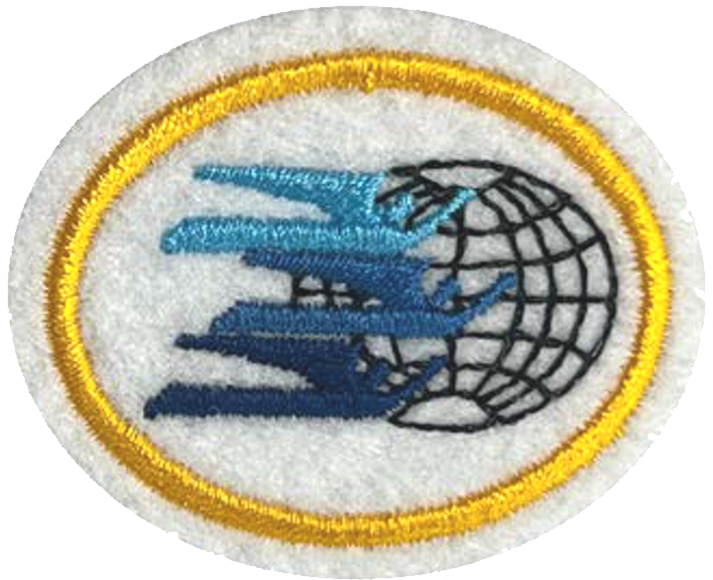AY Honor SDA History Answer Key
1
Watch here: Lineage, Season 2, Episode 4
The "grandfather" of Adventism was a sceptical army veteran in North America named William Miller. He had begun life as a Christian but had turned away from Jesus and the Bible. However Miller’s experiences in war caused him to pursue God and eventually give his heart to Jesus and study the Bible intensely. He was not impressed by human scholars and interpretations: he believed the Bible should interpret itself so he used only a Cruden's Concordance to help him as he studied. When he got to the book of Daniel he discovered some things that amazed him. He saw the verse in Daniel 8:14 "Unto 2300 days, then shall the sanctuary be cleansed." He calculated correctly that this 2300 "day" (year) prophecy would expire around the year 1843-44AD. However, he broke his own rule and consulted human scholars and commentators to discover what the "cleansing of the sanctuary2 meant. They all said that this referred to the destruction of the earth at Jesus’ Second Coming. Therefore, Miller concluded that Jesus was coming VERY soon in 1844! Before long he felt called by God to preach this message and it spread widely.
Three of his teachings:
- The keys to understanding the Bible are found in the Bible itself (biblical).
- The 2300-day time prophecy in Daniel 8:14 expires on or around 1843-44 (biblical).
- The sanctuary being cleansed in Daniel 8:14 refers to the Second Coming of Christ (unbiblical).
2
On the _______ of October of 18____, many Adventists believed that Jesus would ____________. When He ____________, this day became known to them as the Great ________________.
On the 22 of October of 1844, many Adventists believed that Jesus would return. When He did not, this day became known to them as the Great Disappointment.
Watch here: Lineage, Season 2, Episode 5
What a sad day! Imagine the joys of truly believing that Jesus was coming to take you to Heaven, and then realising you had made a terrible mistake. Many people were very discouraged. Some lost faith altogether. However, there were a number of them that knew they had calculated correctly, so they began to pray and study the Bible fervently to ask God to show them what they had misunderstood.
3
They prayed and studied the Bible to try to figure out their mistake.
4
Watch here: Lineage, Season 2, Episode 8
God gave her visions to encourage the Adventists to keep their eyes on Jesus despite trials.
5
Watch here: Lineage, Season 2, Episode 13
Name: Hiram Edson
Explanation: In 1844. Jesus entered a new phase of His High Priestly ministry in the heavenly sanctuary called the Investigative Judgement: His last work before He returns. This was typified by the High Priest’s ministry in the Most Holy Place of the earthly tabernacle in biblical times.
6
Watch here: Lineage, Season 2, Episode 10
The seventh day (Saturday) is the true Sabbath of the Bible, not Sunday.
7
8
Some examples include:
- Jakob Erzberger to Germany

Watch here: Lineage, Season 2, Episode 26
- S. N. Haskell to Australia

Watch here: Lineage, Season 2, Episode 37
Watch here: Lineage, Season 2, Episode 34
- S. N. Haskell to New Zealand

Watch here: Lineage, Season 2, Episode 36
Also, watch here: Lineage, Season 2, Episode 25
Seventh-day Adventists spread their message by pitching tents or hiring halls and holding public meetings or debates about the Sabbath, or on Bible Prophecy. This is called Public Evangelism.
They also trained doctors and nurses to travel to places where health care was not good, to set up clinics or teach people about good health and hygiene. This was called being a Medical Missionary.
Other examples of outreach activities include periodical magazines, temperance work, distribution of tracts, education, charity work and community service. They also spread their message using a method now called Literature Evangelism.
9
Watch here: Lineage, Season 2, Episode 23
- Literature Evangelism: Workers would sell Adventist books like Thoughts on Daniel and Revelation by Uriah Smith from door to door.
- Public Evangelistic Campaigns: Ministers would erect a tent or hire a hall and advertise lecture series or organise debates with other ministers on Bible Prophecy, the Sabbath, the Second Coming of Christ and other interesting topics.
- Medical Missionary work: Adventist doctors, nurses and other health workers would travel to communities with limited sanitation and health care and offer services, run educational seminars or set up clinics. As they cared for people’s health they shared Christ.
10
Because of that, some Adventists thought that salvation came by keeping God's commandments, rather than faith in Jesus, His sacrifice and His righteousness.
Watch here: Lineage, Season 2, Episode 32
11
12
13
14



